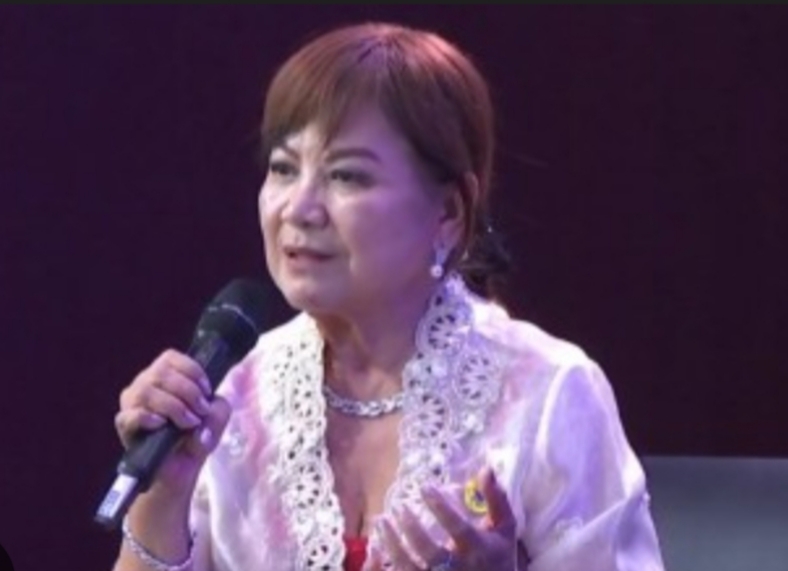By Perfecto T. Raymundo, Jr.
PICC, Pasay City — Wednesday’s (Oct. 29) plenary session 3 of the Philippine Conference on Women, Peace & Security hosted by the Philippine Commission on Women (PCW) delved on investing in the care economy as a pathway to peace, security, and gender equality.
PCW Chairperson Ermelita V. Valdeavilla tackled framing presentation: understanding the care economy.
Valdeavilla said that they have a campaign in the 20th Congress to expand the PCW.
She cited the 25th anniversary of the United Nations Security Council Resolution 1325 (USNRC).
Valdeavilla said that unpaid care and domestic work are usually tasks of women at home which have no retirement benefits.
Paid care work are nurses, caregivers and domestic helpers with the lowest rank of salary.
Community care involves barangay health workers who are unpaid and unrecognized, especially during disasters.
Domestic workers are also included in the unpaid care.
Valdeavilla challenged “if women would not work for a week and let the men do the domestic work and what will happen to the home.”
“Discrimination is injustice and injustice is a violation of human rights which is prohibited in the Philippines,” Valdeavilla said.
According to the International Labor Organization, there are 16.5 billion man hours of work a day which is equivalent to 2.5 million labor force.
“Make no mistake about care work. Care work is not indispensable,” Valdeavilla said.
“By 2030, the Philippines would be an aging society,” she added.
“This means it would require more domestic work and care work,” Valdeavilla said.
Valdeavilla noted that the best time of women is spent in care work.
Under the Sustainable Development Goal (SDG) 4.0 of the United Nations, it is mandated to provide gender equality.
“Care is everyone’s work,” Valdeavilla said, noting that, the Philippines was colonized by Spain for 377 years (1521-1898), which taught Filipinos brutality or violence.
“Care for people. Care for peace,” the conference attendees shouted. ###







